We employ a variety of perspectives and tools, including remote sensing, geophysical and terrestrial analog studies, and analysis of extraterrestrial samples returned to Earth to investigate planetary systems. Research topics vary widely, from the hydrologic and geologic history of Mars, the role of impact cratering in the structure and composition of planets and moons, interactions between planetary interiors, surfaces, and atmospheres and their roles in planetary habitability, and cosmochemical studies of the early stages of the solar system. Through these studies we develop new theory and understanding of the chemical, physical, and geological evolution of planetary bodies across the solar system.
Planetary Geosciences
Exploring surface and interior processes of planets throughout the solar system to understand their formation and evolution.
Planetary Geosciences
Exploring surface and interior processes of planets throughout the solar system to understand their formation and evolution.
Research Highlight
Lunar Structure, Composition and Processes for Exploration
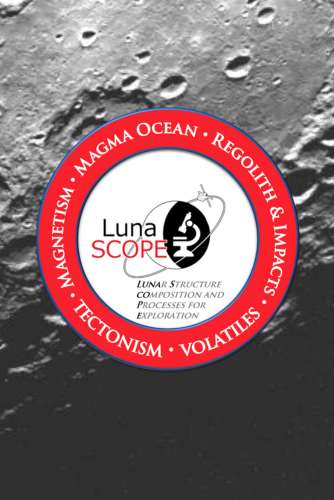 The LunaSCOPE project is a $7.5 million initiative led by Brown University scientists and funded by NASA's Solar System Exploration Research Virtual Institute (SSERVI), which brings together experts from institutions across the U.S. and abroad to investigate the Moon's origin, evolution, and its relationship with Earth.
The LunaSCOPE project is a $7.5 million initiative led by Brown University scientists and funded by NASA's Solar System Exploration Research Virtual Institute (SSERVI), which brings together experts from institutions across the U.S. and abroad to investigate the Moon's origin, evolution, and its relationship with Earth.
As one of the co-leads of the volatile subsection research, Assistant Professor James W. Dottin III is using Apollo samples from NASA's Johnson Space Center to study the isotopic compositions of sulfur, carbon, and other elements to explore the history of volcanism on the Moon and to constrain the composition of the Moon’s subsurface. He is also investigating how the Moon's history reflects early Earth conditions, shedding light on planetary formation, evolution, and events that could lead to habitability.
The LunaSCOPE team uses abundance and isotopic compositions of elements spanning nearly the entire periodic table, computational modeling, and other research to address age-old questions: Where did the Moon come from? Are there resources we could use for long-term exploration? What does its history reveal about our own planet and the Solar System at large? By engaging the public in these explorations, LunaSCOPE inspires global interest in space science and exploration.
As NASA renews its focus on lunar exploration, LunaSCOPE is poised to play a critical role in shaping the next era of planetary research.
Planetary News
Postdoctoral Spotlight: Olivia Anderson
Two Researchers Funded through NASA Lunar Data Analysis Program
Faculty
-
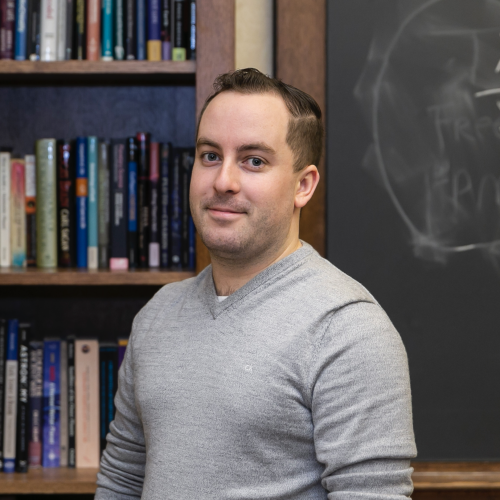
Sam Birch
Assistant Professor -
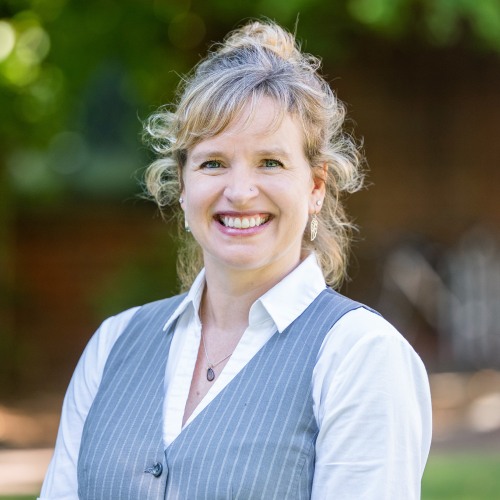
Ingrid Daubar
Associate Professor (Research) -

James W. Dottin III
Assistant Professor -

Yongsong Huang
Professor -
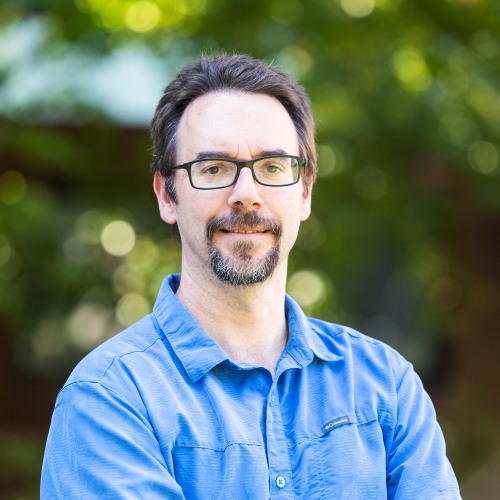
Christian Huber
Professor, Director of Graduate Studies -

Daniel Ibarra
Manning Assistant Professor of Earth, Environmental, and Planetary Sciences and Environment and Society -

Yan Liang
Professor -

Ralph Milliken
Professor -

John Mustard
Professor -

Stephen Parman
Professor -
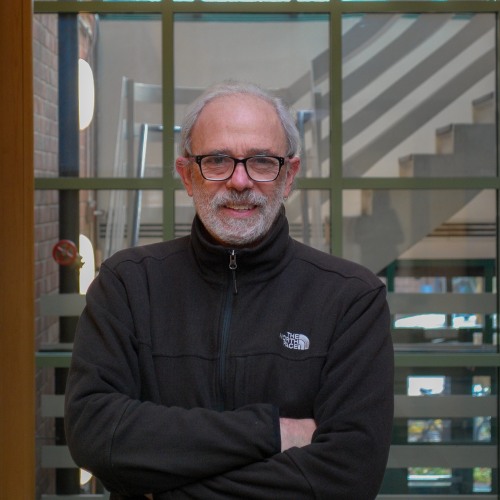
Alberto Saal
Professor
Research Facilities & Resources
Banner image produced by Lynced Torres, KVA Kennedy & Violich Architecture, Ltd. for the renovated Lincoln Field Building (2022).
